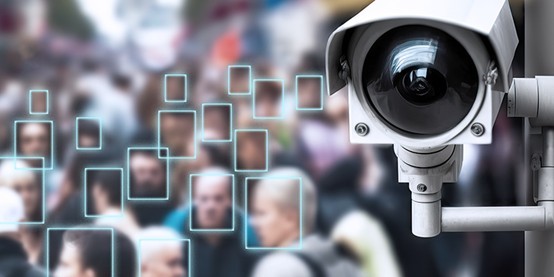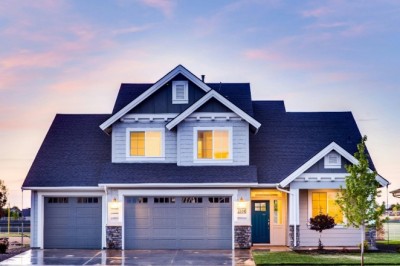views

In today's increasingly digital and interconnected world, the role of security cameras has become more pivotal than ever before. These devices are fundamental to modern security systems, serving both individuals and organizations across various sectors.
However, as with any technology, while they offer numerous benefits, there are also significant drawbacks to consider.
This article explores the pros and cons of security cameras, providing insights into their operation, including aspects of "expert security camera installation" and "video analytics."
The Benefits of Security Cameras
Enhanced Security and Surveillance
The most evident advantage of security cameras is the substantial enhancement of security they provide. By maintaining a vigilant eye on premises 24/7, these cameras act as powerful deterrents to criminal activities such as burglary, theft, and vandalism.
The mere presence of cameras can make potential criminals think twice before committing a crime, thus providing a safer environment.
Real-Time Monitoring and Immediate Response
Modern security cameras are equipped with capabilities that allow for real-time monitoring of spaces. This feature is particularly crucial in scenarios requiring immediate response, such as emergency situations or unauthorized access.
It enables security personnel or law enforcement to react swiftly, potentially preventing crimes or mitigating their impact.
Evidence and Legal Compliance
In the unfortunate event of criminal activities, security cameras provide crucial evidence that can help in the investigation and prosecution of offenders. The footage captured can be used in court to establish facts and assist in verdicts. Furthermore, in some industries, having a surveillance system is part of regulatory compliance to ensure safety and security standards are met.
Cost-Effectiveness
When compared to hiring security personnel, installing security cameras can be a more cost-effective solution for constant surveillance. Once installed, the ongoing costs are relatively low, and with modern technology, these systems require minimal maintenance, making them an economically viable option for many.
The Drawbacks of Security Cameras
Privacy Concerns
One of the most contentious issues surrounding the use of security cameras is privacy. The installation of cameras in public and private spaces has sparked debates over surveillance and the erosion of personal privacy.
There is a fine line between security and invasive monitoring, and finding a balance that respects individual privacy while ensuring safety is challenging.
Dependence on Technology
While technology is a boon, it also comes with its set of challenges. Security systems, particularly those that are older, can be prone to technical failures such as malfunctioning cameras or data loss, which can severely impair their effectiveness.
Moreover, systems that are not regularly updated may become obsolete or vulnerable to cyber threats.
Potential for Misuse
Another significant concern is the potential misuse of surveillance footage. There have been instances where security camera footage has been used for purposes other than security, such as spying on individuals or leveraging information inappropriately, which raises ethical questions.
Cost of Setup and Maintenance
While the ongoing costs are generally low, the initial setup cost for high-quality security camera systems, including "expert security camera installation," can be substantial. Additionally, advanced features like "video analytics" require more sophisticated, hence more expensive, systems. Regular maintenance and upgrades to newer technologies also add to the cost.
Conclusion
Security cameras undoubtedly play a crucial role in modern safety and security strategies. They offer numerous advantages such as enhanced surveillance, real-time monitoring, and valuable legal evidence. However, the drawbacks, including privacy concerns, dependency on technology, potential misuse, and the costs associated with advanced systems, pose significant challenges. Balancing these pros and cons is essential for any individual or organization considering their installation to ensure they serve their intended purpose effectively without compromising ethical standards.


























Comments
0 comment